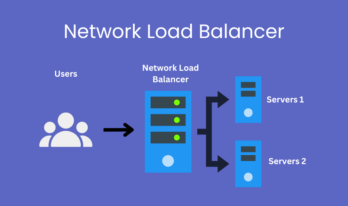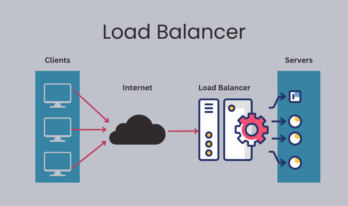Before we get into Business Intelligence v/s Data Science, let us know what they are. Data Science is a relatively new discipline.
Nevertheless, there are many self-proclaimed Data Scientists who claim to have been in the industry for over 30 years.
The Data Scientist function has really taken shape over the past decade when many Silicon Valley companies had to start managing their massive mountain of data.
But do not get me wrong, there were already a lot of people with a similar analytic role before the term Data Science. At that time, these disciplines were called "statistical profession".
Later, analysts merged under Business Intelligence (BI), a discipline that aims to obtain information from data that a company owns.
It is similar to the definition commonly used to describe Data Science ("data set knowledge extraction"). But what is the difference between Data Science and Business Intelligence?
What is Business Intelligence for?
Business Intelligence is sometimes called the precursor of Data Science. The first step in any form of Business Intelligence is to collect "raw" data.
Once data is collected, engineers use an Extract Transform Load (ETL) tool to manipulate, transform, and categorize data in a structured database.
This roughly summarizes the BI professionals who collect the data, then place it in a database and manipulate, transform, and classify it using an ETL tool.
The data is usually summarized via visual dashboards to make the reading of the information a bit more accessible.
These structured databases are called "data warehouses". These data warehouses are typically used to help manage and decision-makers make strategic decisions.
Thanks to this data, it is possible to analyze the previous performances and change course if necessary.
Business Intelligence is also used for activity reporting and calculation of KPIs. In return, these are used to strengthen business strategy, performance evaluations, and provide results to shareholders and investors.
Anyway: Business Intelligence is a determining factor for a company's success or failure.
And what does Data Science help with?
Where Business Intelligence goes back in time, Data Science tries to make future predictions based on the data and develop algorithms that optimize the operational performance of the organization.
Essentially, Business Intelligence is an analytical discipline, while research conducted by Data Science allows companies to stop being retrospective and reactive in analyzing data to become predictive, proactive, and empirical.
The tools used in Data Science are also very different from those used in Business Intelligence (BI). Traditional BI systems are static - data is often stored in data warehouses.
Due to the expansion of the Internet and the huge amount of data that goes with it, it has become necessary to have more dynamic data tools that can handle a large amount of unstructured data.
In this way, more advanced tools soon appeared, such as the Hadoop and NoSQL databases, which can process data in real-time. This helps to reduce data storage costs and improve process efficiency.
Conclusion
Data Science and Business Intelligence are very informational and data-oriented. The difference is in the tools used and the way the data is processed and used.
Data Science can be considered as a kind of evolution of Business Intelligence. In other words, Business Intelligence answers questions you already know and Data Science helps you discover new questions.
You may also like to Read:
Big Data: Business Intelligence Insights for 2019
5 reasons why Business Intelligence (BI) is the discipline of the future
Business Intelligence vs. Big Data: Difference Between the two




